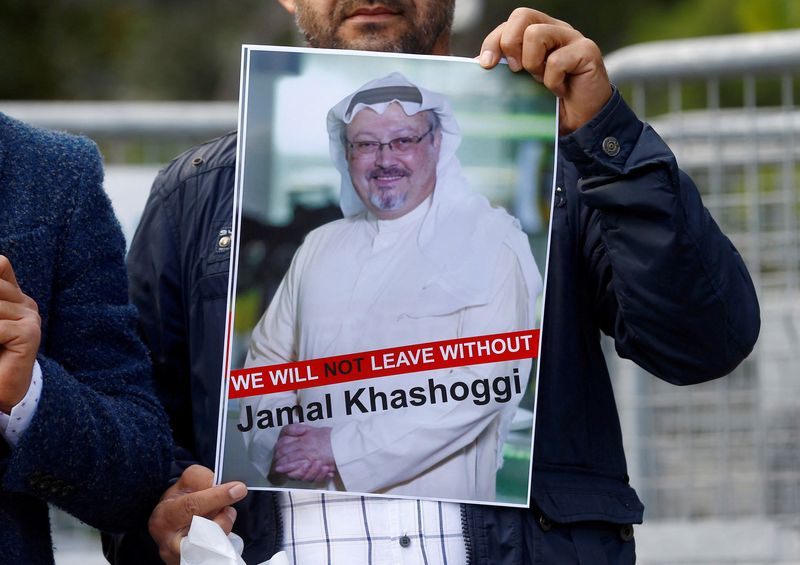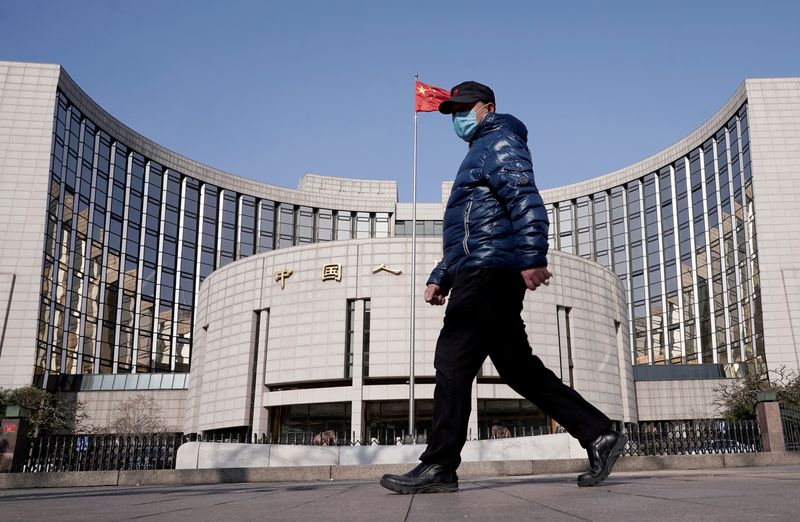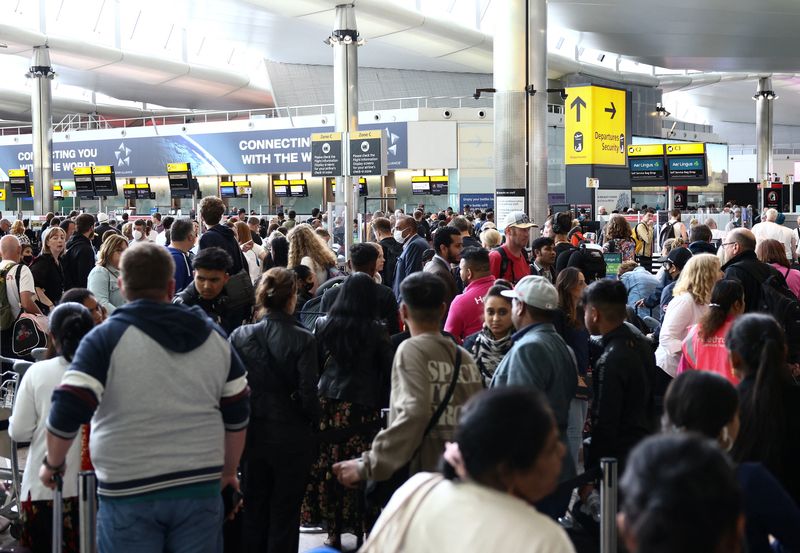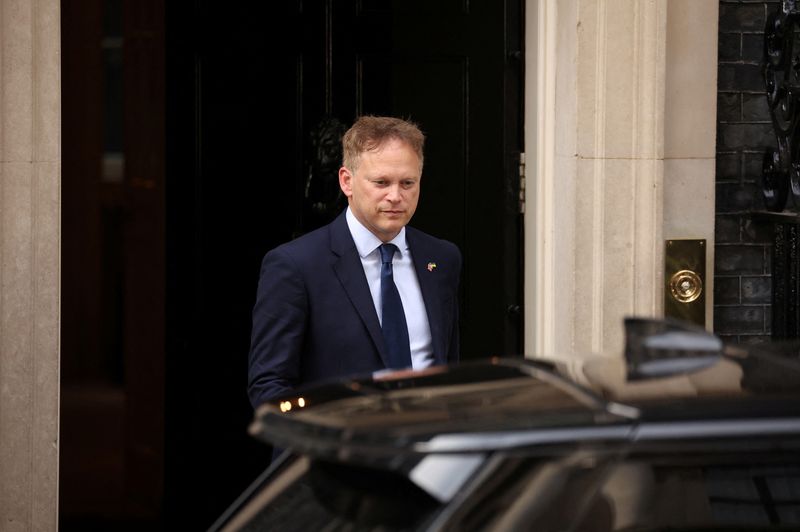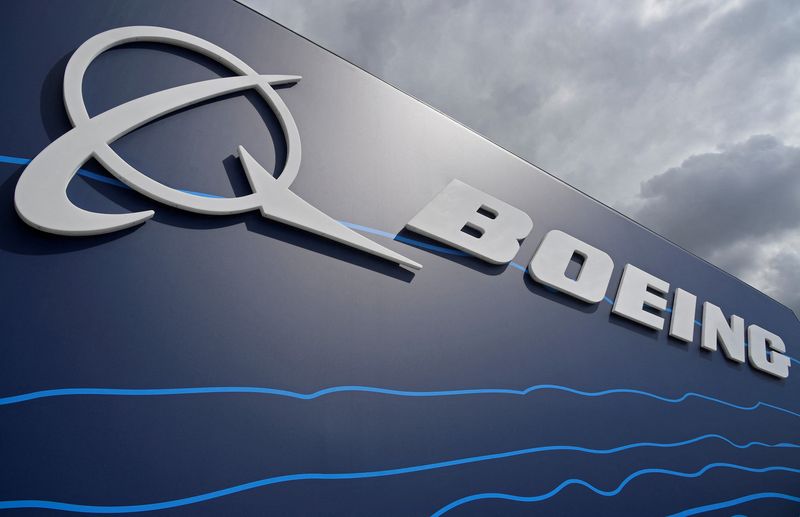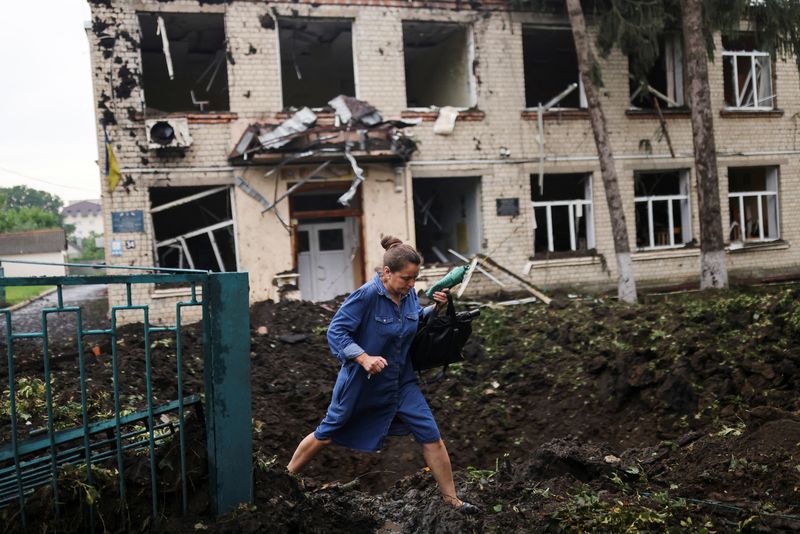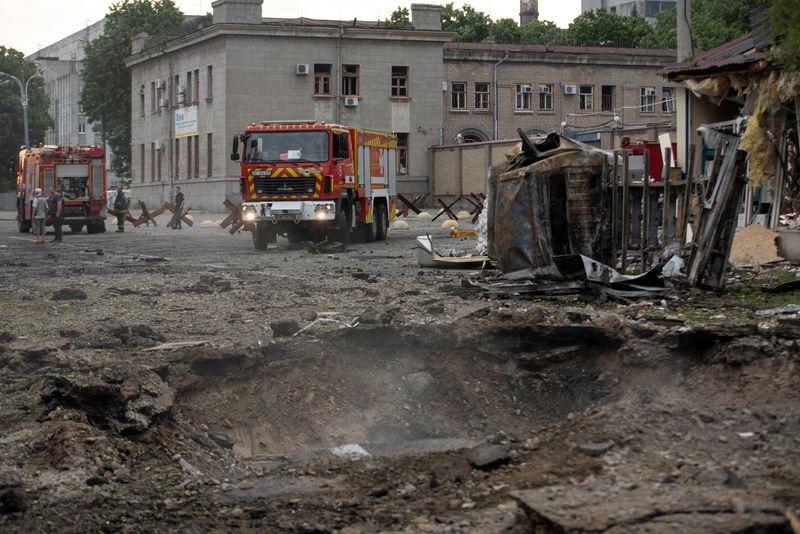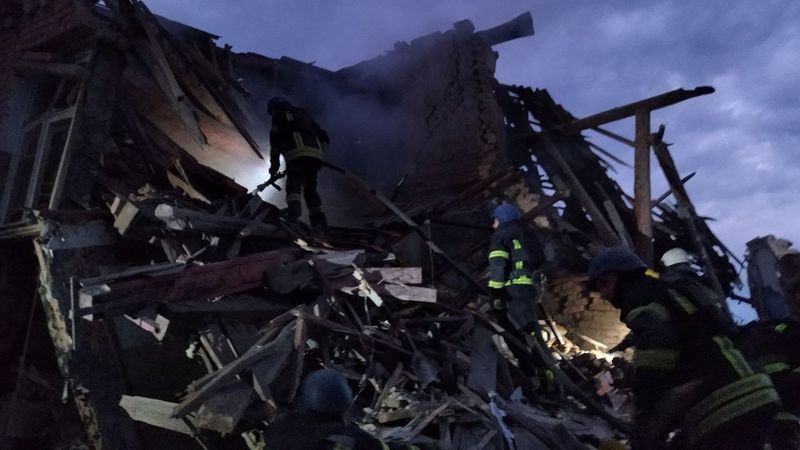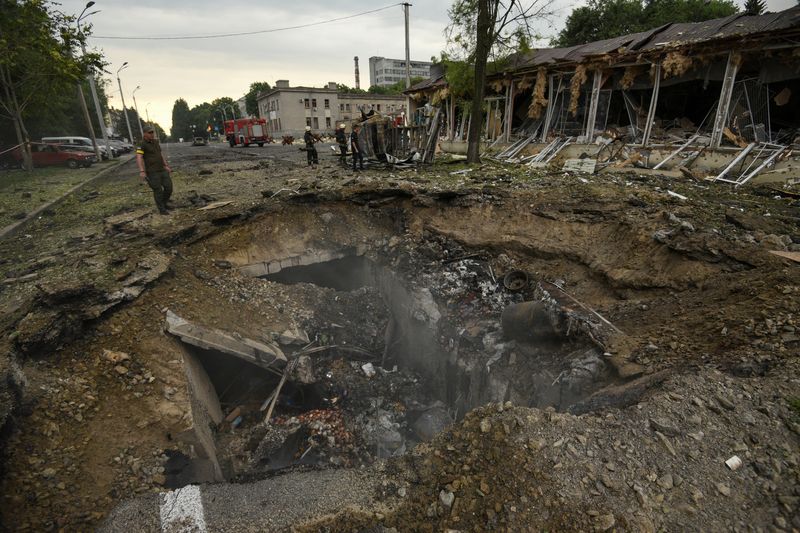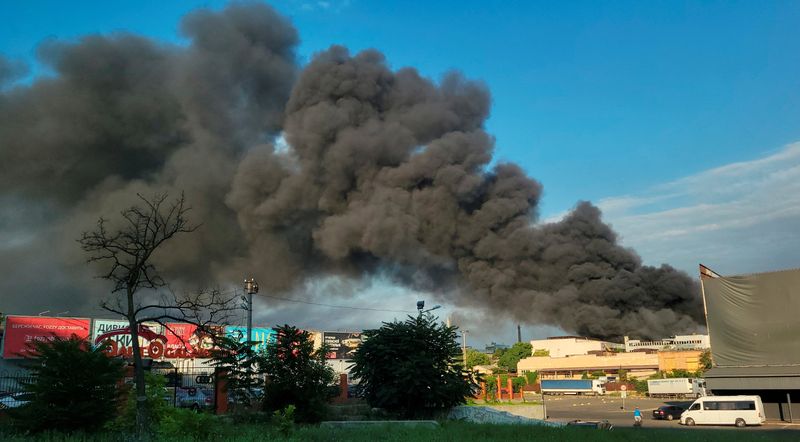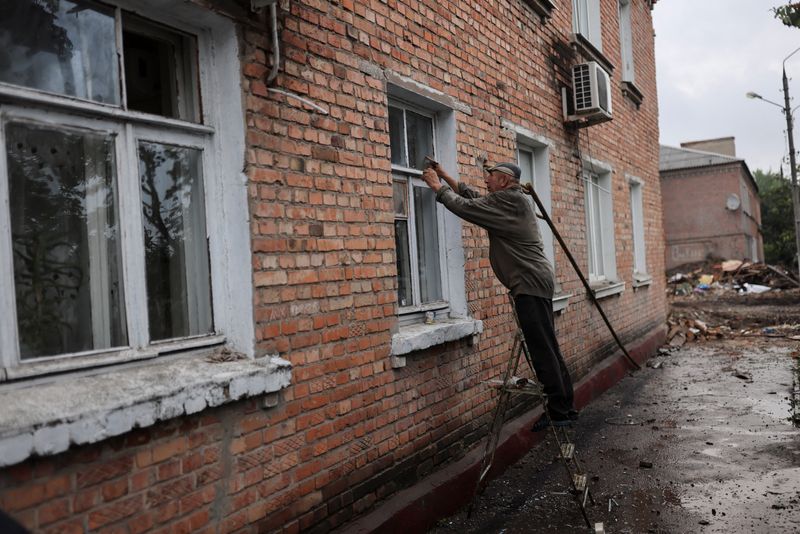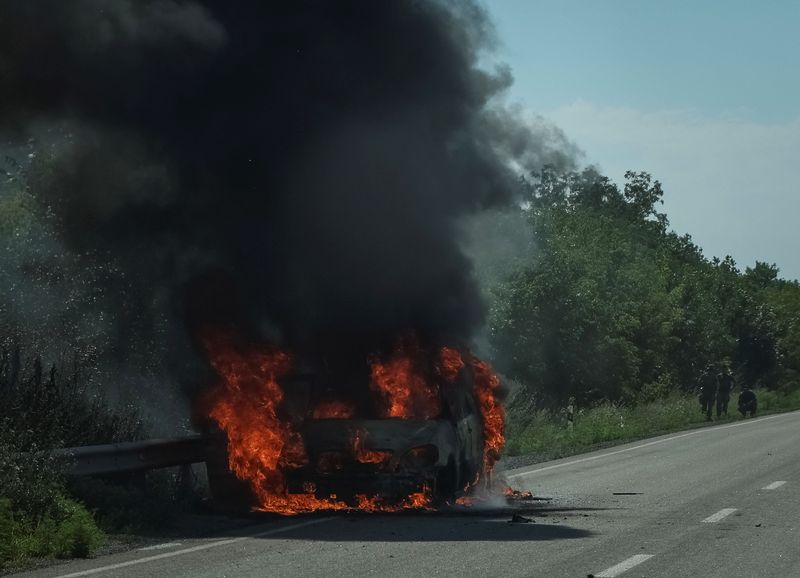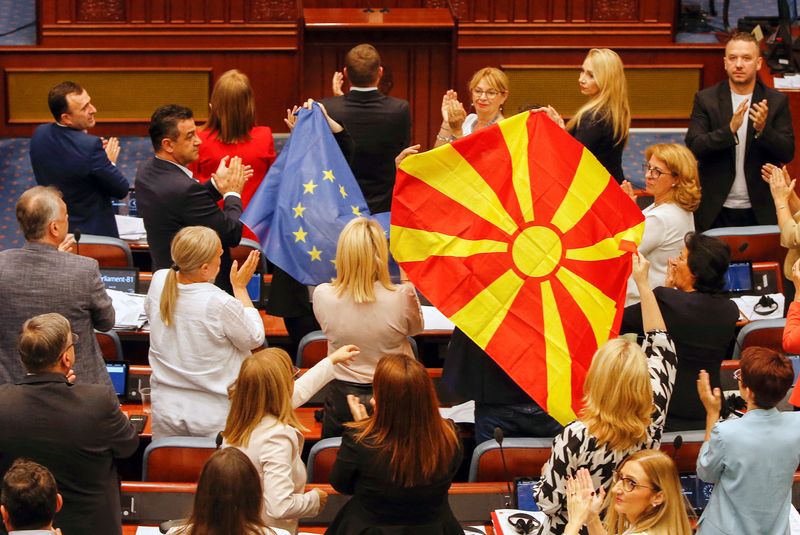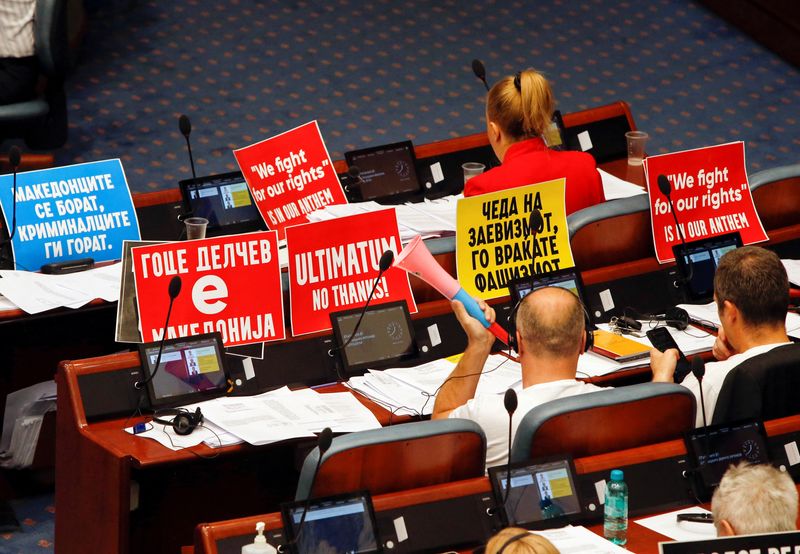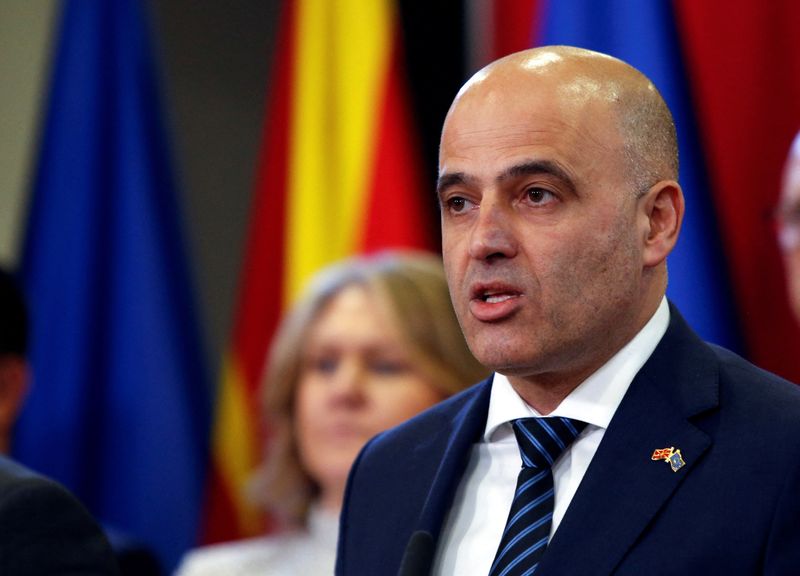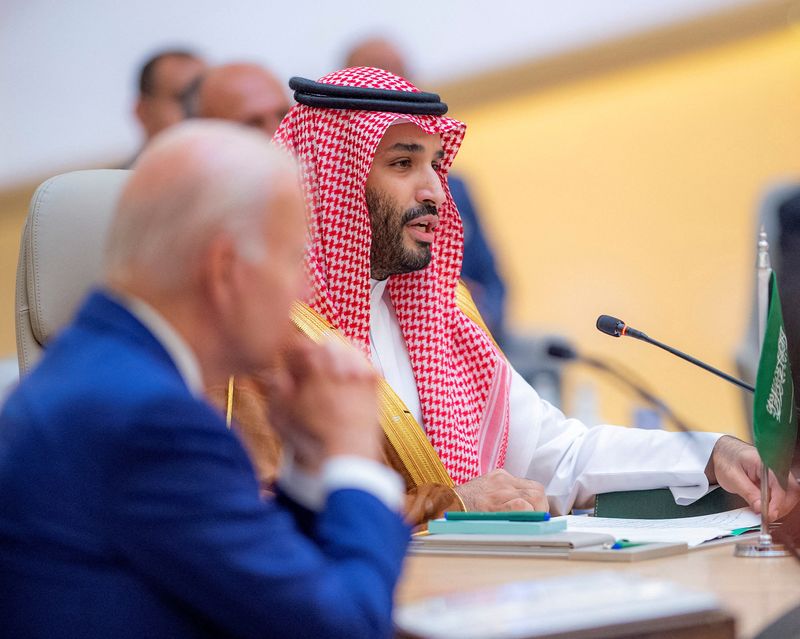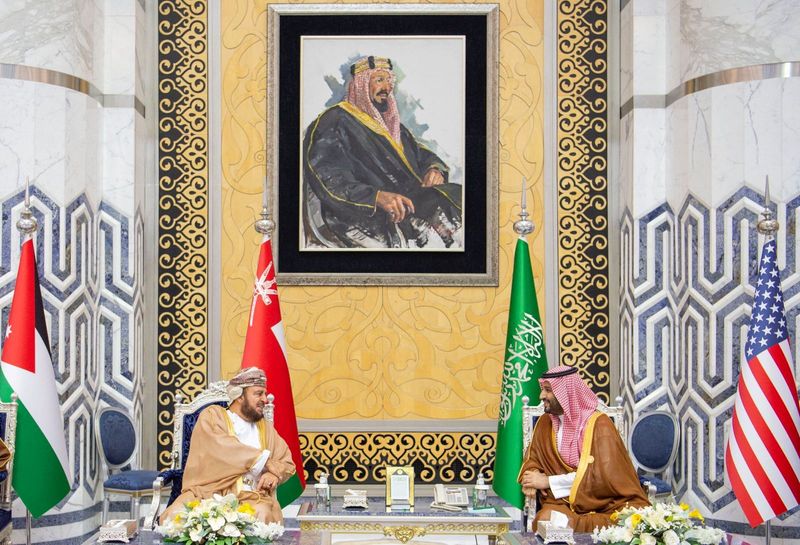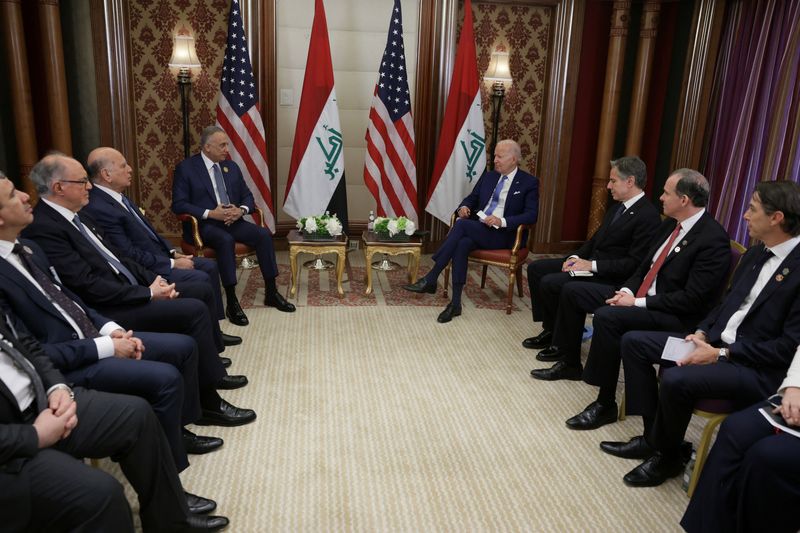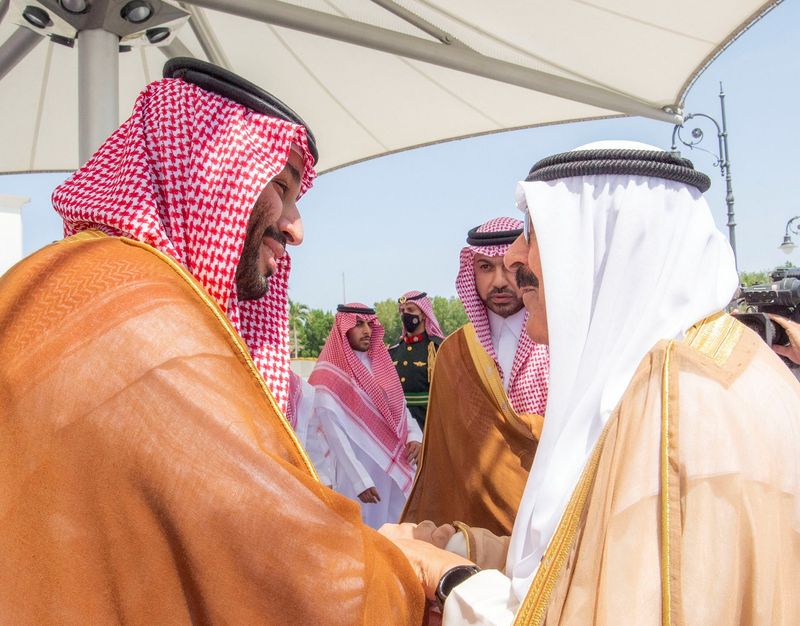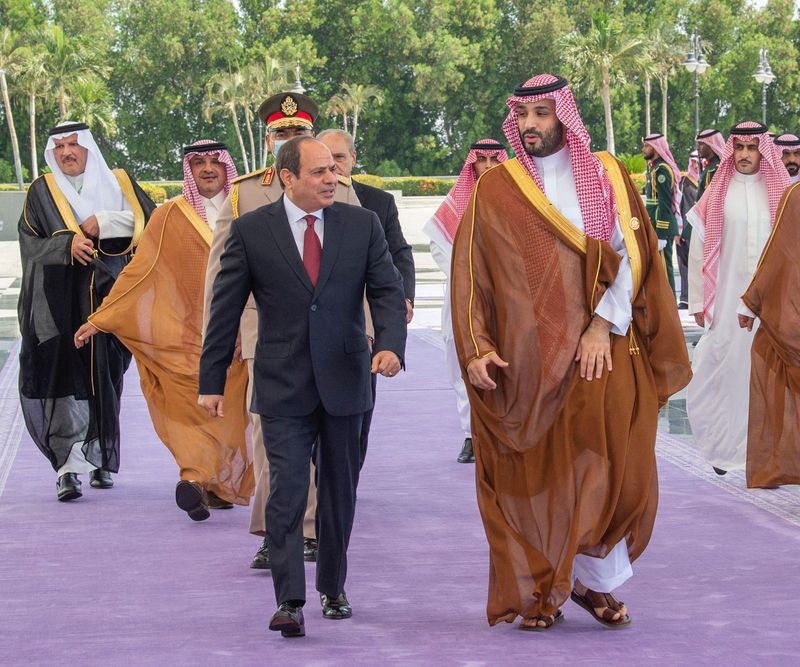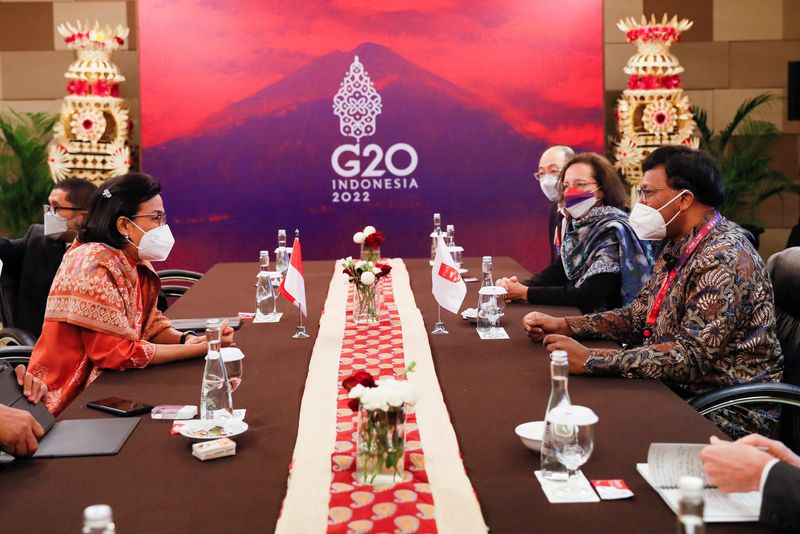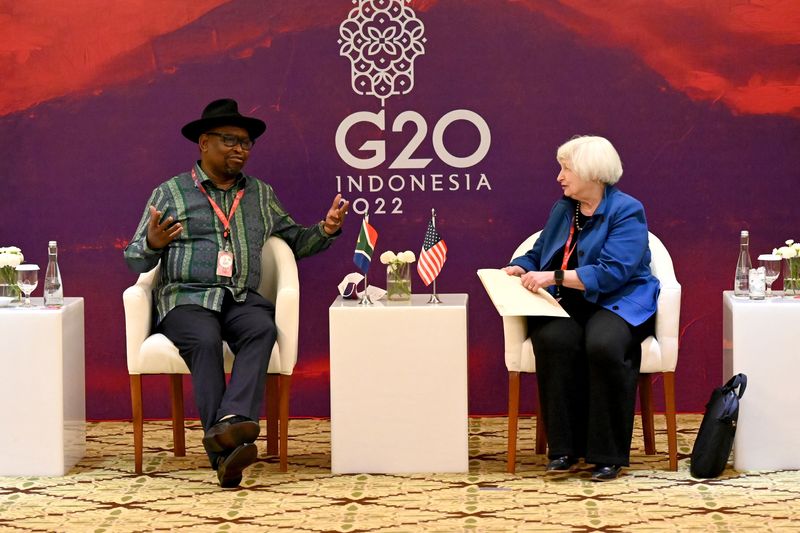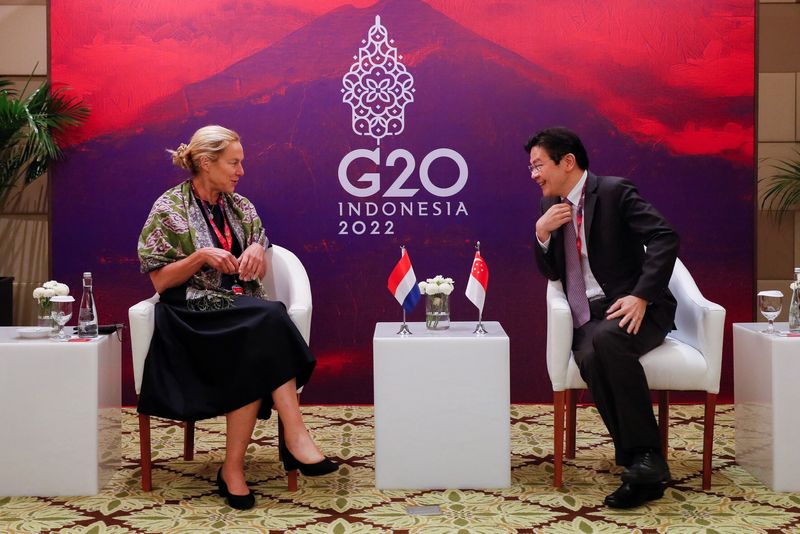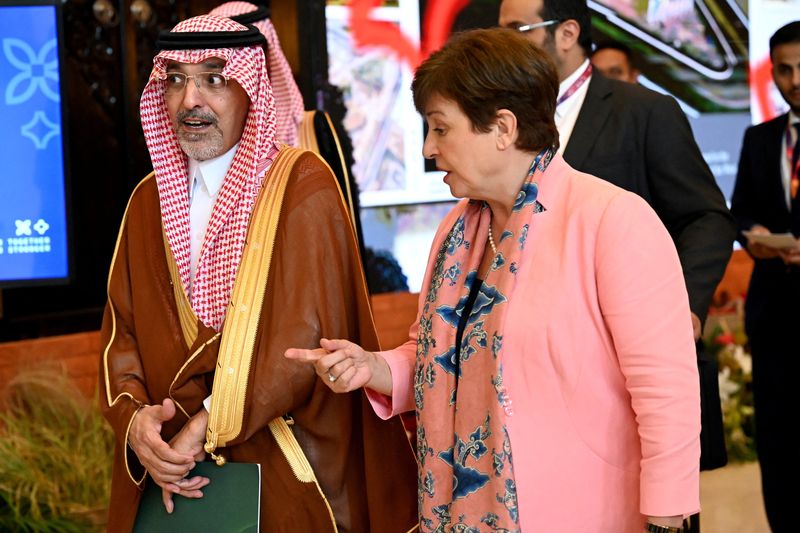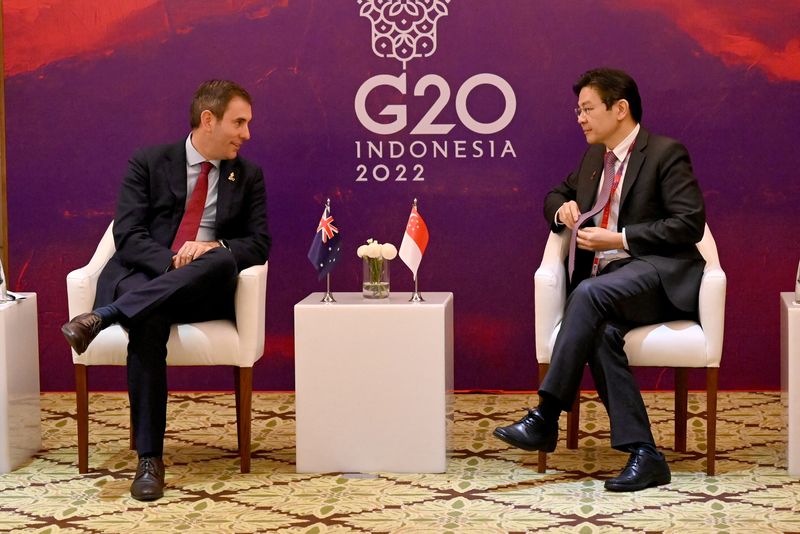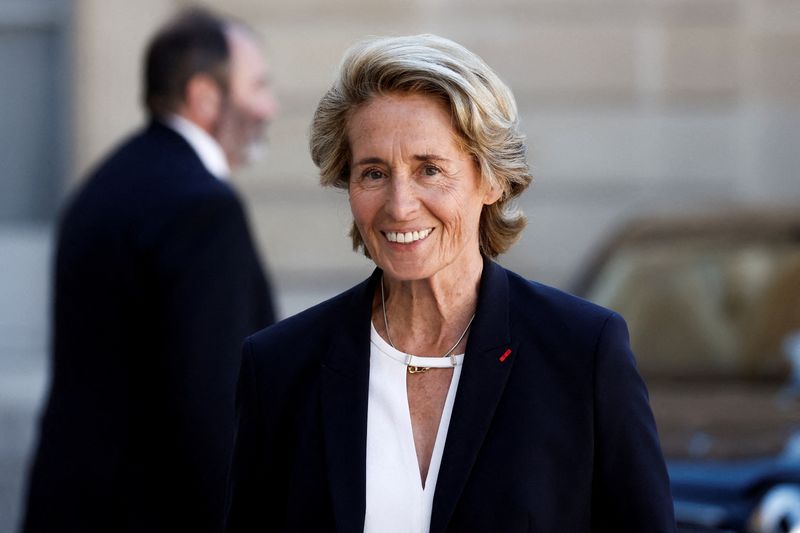By Alun John
(Reuters) -Consumer-focused digital tokens issued by private companies could be better than central bank-issued tokens assuming the companies can be regulated appropriately, the Australian central bank governor said on Sunday.
Phillip Lowe was speaking in a panel discussion at the G20 finance officials meeting in Indonesia that was streamed online. At the same discussion, the Hong Kong Monetary Authority (HKMA) chief said greater scrutiny of such tokens could also help reduce risks from decentralised finance (DeFi) projects, part of the crypto currency ecosystem.
Many central banks around the world are developing so-called central bank digital currencies (CBDCs), either retail tokens to be used directly by consumers or wholesale tokens to be used by banks within the financial system.
This is partly in response to the development of so-called stablecoins, privately issued tokens such as Tether and USDC, whose value is pegged to that of a traditional asset, often the U.S. dollar, which are typically used as a store of value and to make payments.
The risk of such tokens for financial systems was underscored in May when crypto markets were sent tumbling by the collapse of one stablecoin TerraUSD and its paired token Luna, though these helped underpin a network of DeFi applications, rather than being used to make real world payments.
“If these tokens are going to used widely by the community they are going to need to be backed by the state, or regulated just as we regulate bank deposits,” said Lowe.
“I tend to think that the private solution is going to be better – if we can get the regulatory arrangements right – because the private sector is better than the central bank at innovating and designing features for these tokens, and there are also likely to be very significant costs for the central bank setting up a digital token system,” he said.
Lowe and his fellow panelists agreed that more needed to be done to create a sufficiently strong regulatory system for such tokens.
HKMA CEO Eddie Yue said more scrutiny of stablecoins could also help reduce risks from DeFi, which aims to use computer code to remove the need for financial intermediaries from lending, investing and other financial activities.
Stablecoins and crypto exchanges are gateways to DeFi projects, and Yue said it was easier to regulate them than the products themselves.
“Despite the Terra-Luna incident I think crypto and DeFi won’t disappear – though they might be held back – because the technology and the bushiness innovation behind these developments are likely to be important for our future financial system,” Yue said.
(Reporting by Alun John in Hong Kong; Editing by Muralikumar Anantharaman)
